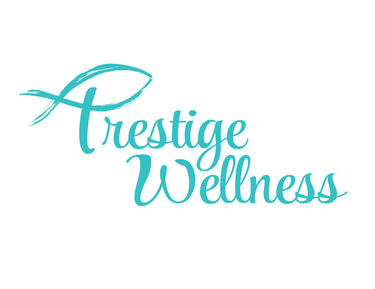Understanding Compounding Pharmacies
What is a Compounding Pharmacy?
Think of a compounding pharmacy as the opposite of a one-size-fits-all approach. Instead, it’s a one-of-a-kind approach. Compounding pharmacies create personalized products for specific patients. That customization can be anything from dosage forms (i.e., a capsule or syringe) to strength (i.e., a 50 mg dose or 100 mg dose) and even the ingredients themselves.
For example, if a patient is allergic to a dye in a common medication, a compounding pharmacy can create the product without the dye so the patient can get what he or she needs. Bottom line: when patients need something different than what’s commercially available, compounding pharmacies can fill the gap. It’s all about expanding patients’ access to quality, affordable products that enhance their health journeys.
A compounding pharmacy can also step in when there is a shortage of brand-name medications. For example, when a commercial version of amoxicillin experienced a shortage, compounding pharmacies were authorized by the FDA to produce it and increase supply. This helped ease the shortage and provided access to patients around the country.
Patient-Specific (503A) Products vs. Office-Use (503B) Products
There are two types of compounding organizations: 503A and 503B.
503A pharmacies compound products for specific patients whose prescriptions are sent by their healthcare provider. Patients can sometimes even pick up their prescriptions at these pharmacies.
503B outsourcing facilities compound products on a larger scale (bulk amounts) for healthcare providers to have on hand and administer to patients in their offices but can also ship some medications directly to a patient's home.
Compounding Pharmacy Regulations
State boards of pharmacy regulate compounding pharmacies, but compounding pharmacies are also subject to oversight by state and federal agencies
The FDA has oversight of the integrity and safety of the compounded products and mainly oversees 503B outsourcing facilities.
The DEA has oversight of any controlled substances (i.e., testosterone) present in compounded products.
The United States Pharmacopeia (USP) develops standards around product integrity, safety, and purity.
Empower Pharmacy is licensed nationwide and meets or exceeds the standards set by the industry.
503A Compounding Pharmacy
A 503A compounding pharmacy produces patient-specific prescriptions and is only allowed to dispense medications to patients for at-home use. It is required by state boards of pharmacy to adhere to USP <795>, <797>, <800>, and other standards.
503B Outsourcing Facility
A 503B outsourcing facility is allowed to produce large or bulk quantities to sell to healthcare providers, hospitals, and clinics. This type of facility must comply with strict FDA current good manufacturing practices (CGMP) standards. These facilities also must be ready for a surprise inspection by the FDA at any time. Outsourcing facilities are now the ONLY pharmacies permitted, under the new law, to provide compounded medications for use in physicians’ offices, clinics and hospitals. When a batch of medication is completed, it is placed in a special quarantine area while samples from the batch are sent off for independent, third-party laboratory testing. Independent lab tests are performed for sterility, endotoxins and potency. This testing normally takes 14 days to complete. When the tests come back satisfactory, the medications are then released from quarantine and are available to be dispensed to patients or physician/clinic offices. The procedures above are just some of the guidelines that make an outsourcing facility, by far, the safest place to obtain medications from.

DISCLAIMER
The information on this website is not intended to replace your physician and is not intended as medical advice. It is intended for educational purposes. Prestige Wellness, PLLC and associated providers and consultants encourage you to make your own health care decisions based upon careful research and with the guidance of your health care provider before making lifestyle changes.
